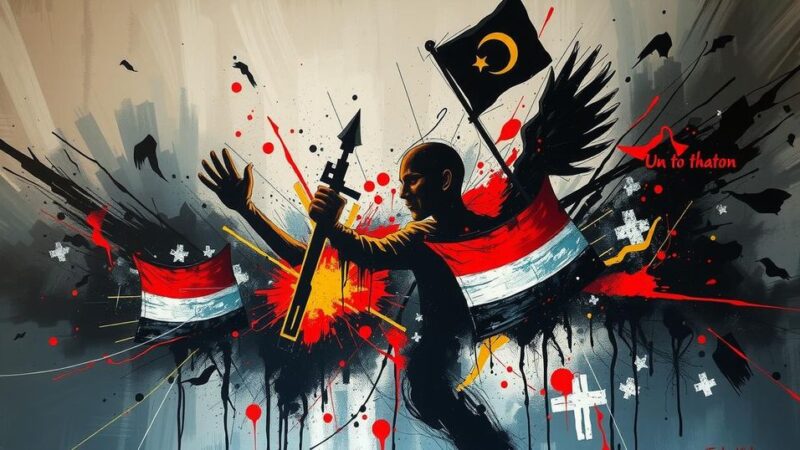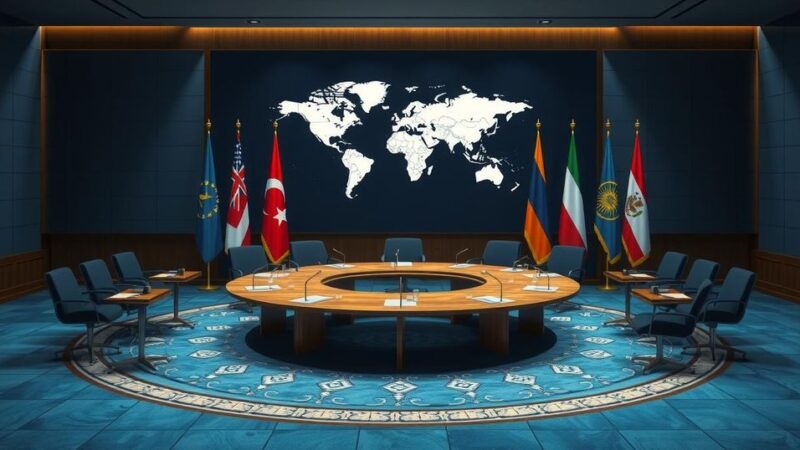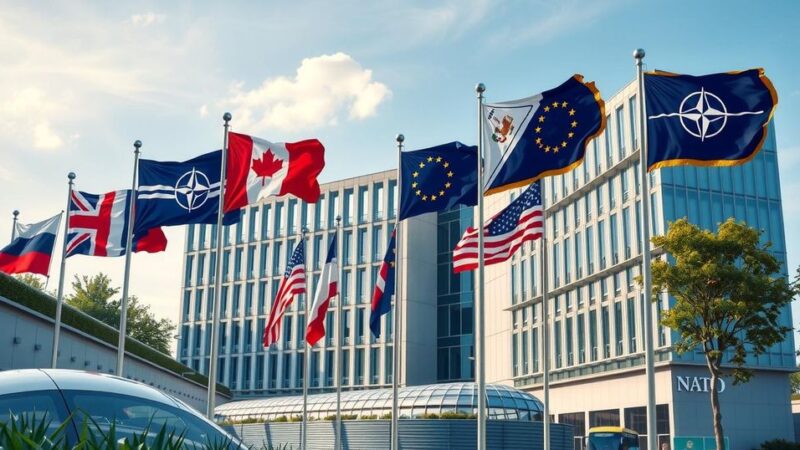Sudan’s government has accused the U.A.E. of complicity in genocide through support for rebel militias in its civil war. The U.A.E. dismissed these claims as a distraction from its government’s atrocities. The International Court of Justice can intervene due to both nations’ agreement to the Genocide Convention.
The government of Sudan has filed a complaint with the International Court of Justice (ICJ) alleging that the United Arab Emirates (U.A.E.) is complicit in genocide by providing arms and funding to rebel militias during Sudan’s ongoing civil conflict. This accusation highlights the role of foreign involvement in internal strife and raises questions regarding international accountability.
In response to the allegations, the U.A.E. characterized the complaint as a “cynical publicity stunt” designed to distract attention from the severe human rights violations and atrocities attributed to the Sudanese government. This exchange of accusations underscores the complexity of the conflict and the challenges in identifying sources of violence.
The ICJ serves as the highest judicial body in the United Nations, addressing disputes between nations and assessing breaches of international treaties. The court can exercise jurisdiction in this matter as both Sudan and the U.A.E. are signatories of the 1948 Genocide Convention, which addresses issues of genocide and related crimes.
The case filed by Sudan against the U.A.E. has significant implications for international law and accountability regarding genocide. The accusations indicate a crucial need for scrutiny of external influences in civil conflicts. As both parties navigate these serious allegations, the role of international judicial bodies, such as the ICJ, becomes increasingly vital in addressing issues of global justice.
Original Source: www.nytimes.com






